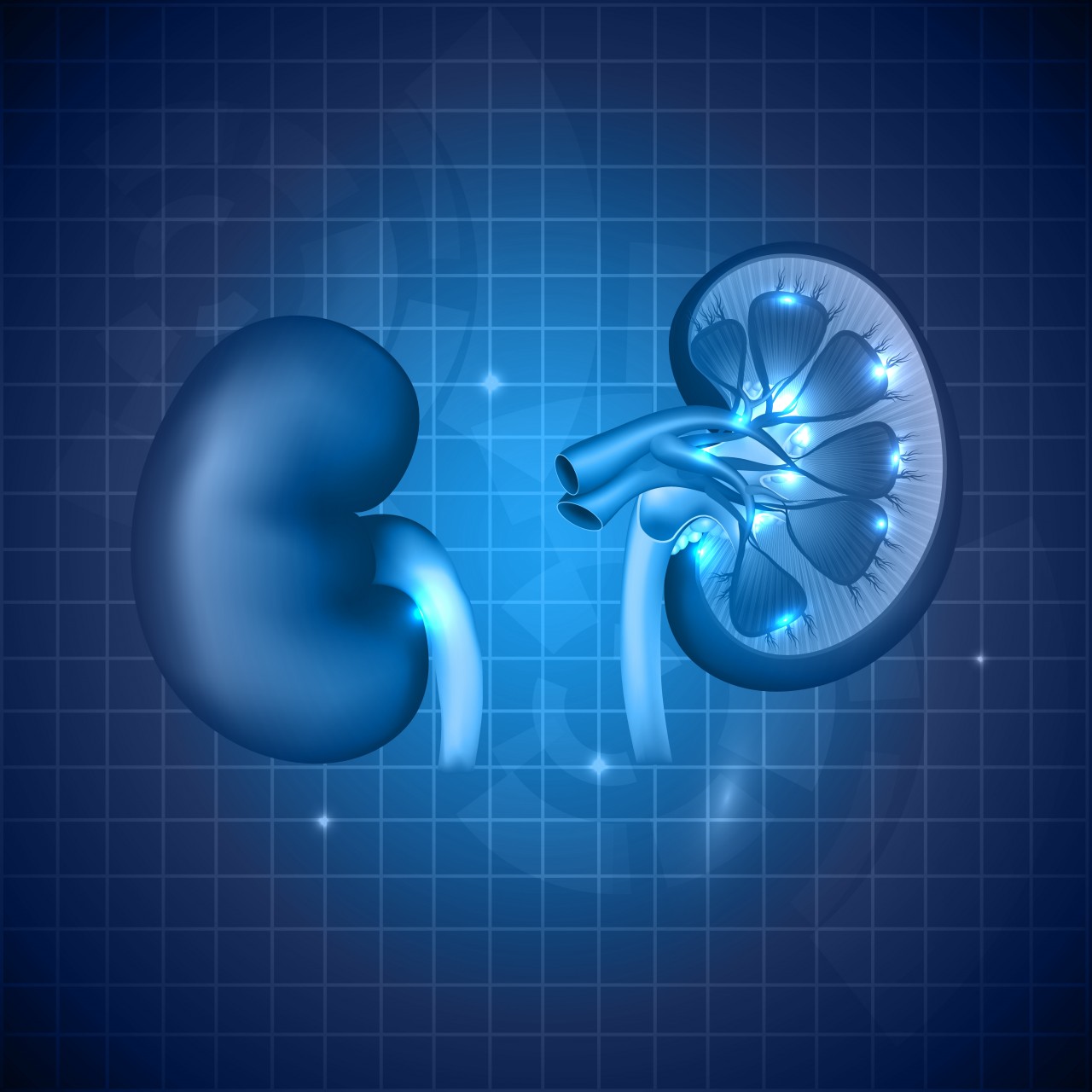The potential role of gastrointestinal (GI) symptoms and inflammation in kidney function and serum albumin levels in Chronic Kidney Disease (CKD) was the focus of a recent paper entitled “Gastrointestinal symptoms, inflammation and hypoalbuminemia in chronic kidney disease patients: a cross-sectional study”, published in BMC Nephrology.
Low serum albumin levels are a well-known adverse prognostic sign in several diseases, especially in patients with end-stage renal disease (ESRD). Hypoalbuminemia, which relates to low levels of the most abundant protein in human blood plasma (albumin), is one of the strongest indicators for a poor outcome or even death in ESRD patients, who have also prevalence of anorexia, according to previous studies. However, hypoalbuminemia and the role of GI symptoms has not been studied in detail in patients at earlier stages of CKD. It has been observed, however, that symptoms such as nausea, vomiting and anorexia actually emerge at higher glomerular filtration rate (GFR) levels, and not only at end-stages of renal disease.
To investigate the role of GI symptoms in early disease, researchers asked 3599 patients with chronic kidney disease enrolled in the Chronic Renal Insufficiency Cohort (CRIC) study to complete the Modification of Diet in Renal Disease (MDRD) study patient symptom form. GI symptom score, severity inflammation indicator C-reactive protein (CRP), serum albumin levels and prevalence of hypoalbuminemia were all measured and evaluated.
The results showed that patients with lower estimated glomerular filtration rate (eGFR) were likely to have a higher burden of GI symptoms. Moreover, patients with worse GI symptoms, such as inflammation measured by levels of CRP, are more likely to have hypoalbuminemia, seen in 12.7 % of all study participants, and lower dietary protein intake. Despite these observations, researchers conclude that “in our final analysis, neither GI symptoms nor inflammation appeared to explain why patients with CKD at higher risk for hypoalbuminemia. We found in contrast that 24-hour urine albumin excretion appears to be more important since by additionally adjusting for this, we observed that the association between eGFR and lower serum albumin level was basically abolished.”

